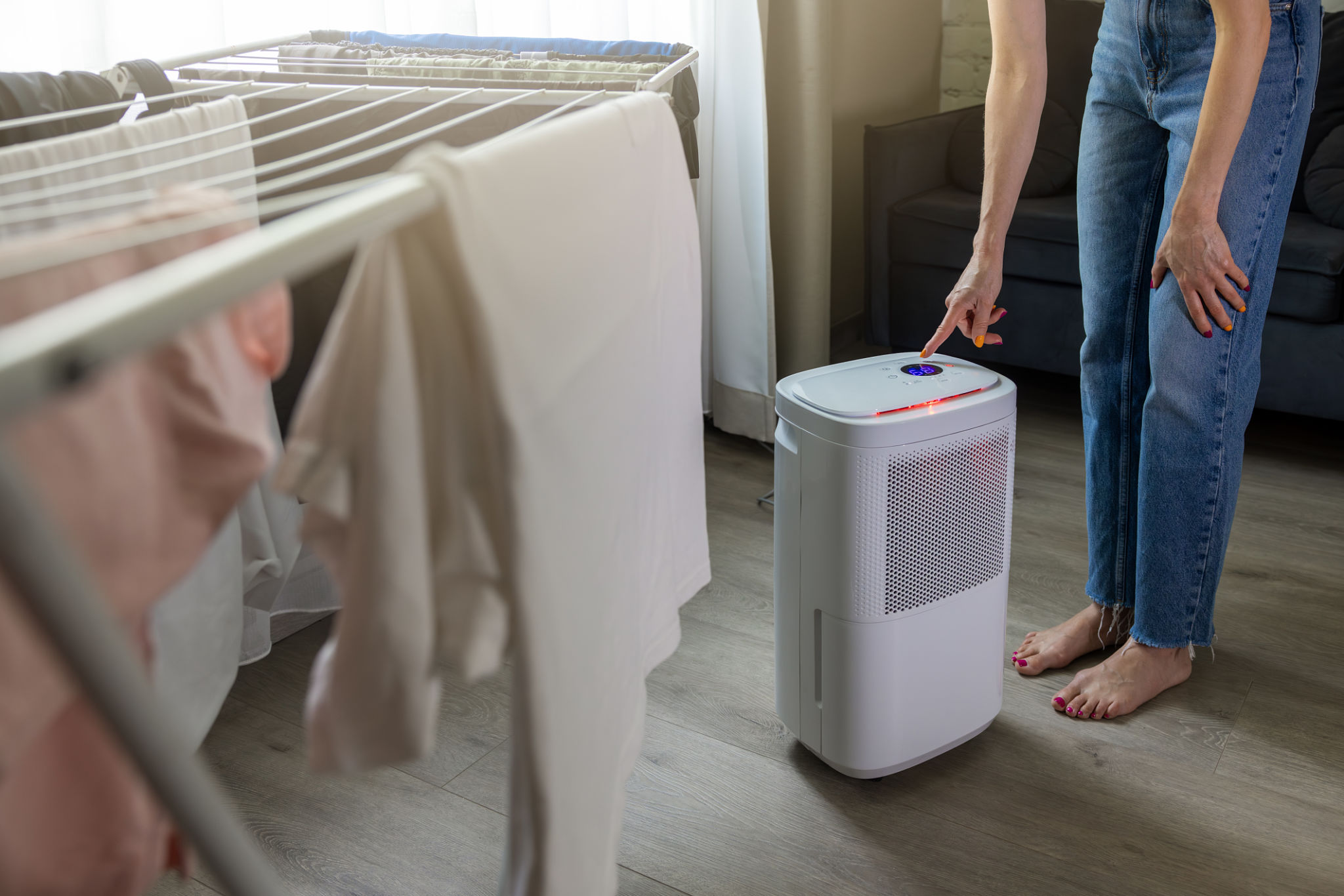The Impact of Florida's Humidity on Home Cleanliness and How to Combat It
Understanding the Effects of Humidity on Your Home
Florida is renowned for its beautiful beaches, vibrant culture, and unfortunately, its high humidity levels. While the warm weather attracts many visitors and residents alike, the high humidity can have a significant impact on the cleanliness and maintenance of homes. High humidity creates an ideal environment for mold, mildew, and dust mites, which can lead to various health issues and create an ongoing battle for homeowners trying to keep their spaces clean.

When moisture levels are consistently high, it can also lead to warping of wooden furniture and flooring, peeling paint, and rusting of metal fixtures. Understanding how humidity affects different aspects of home cleanliness is crucial in developing effective strategies to combat these challenges.
Identifying the Problem Areas
The first step in tackling the impact of Florida's humidity is identifying the most vulnerable areas in your home. Bathrooms, kitchens, and basements are particularly susceptible due to their frequent exposure to water and steam. Additionally, poorly ventilated spaces like closets and attics can also trap moisture, exacerbating problems over time.

It's essential to regularly inspect these areas for signs of dampness or mildew. Look for discoloration on walls and ceilings, musty odors, or any visible mold growth. Early detection is key to preventing more severe damage and maintaining a clean living environment.
Effective Ways to Combat Humidity
Once you have identified the problem areas, implementing measures to control humidity levels becomes imperative. Here are some effective strategies:
- Use Dehumidifiers: These devices help reduce moisture levels in the air, making it less conducive for mold and mildew growth.
- Improve Ventilation: Ensure that all rooms, especially bathrooms and kitchens, are well-ventilated. Install exhaust fans or open windows when possible to allow air circulation.
- Seal Leaks: Check for any leaks in pipes or roofs and repair them promptly to prevent excess moisture from seeping into your home.

Regular Cleaning and Maintenance
Maintaining a regular cleaning schedule is crucial in combating the effects of humidity. Dusting and vacuuming frequently can help reduce dust mites and other allergens. Use mold-resistant cleaning products in bathrooms and kitchens to prevent mold growth, and consider using a damp cloth rather than a wet mop to clean floors.
Additionally, replacing air filters regularly can improve indoor air quality by reducing dust and allergens. Keeping an eye on HVAC systems ensures they function efficiently, helping regulate indoor humidity levels.
Choosing the Right Materials
The materials used in your home can also influence how well you manage humidity. Opt for mold-resistant paints and finishes in high-moisture areas. When it comes to flooring, consider tiles or sealed hardwood instead of carpet, which can trap moisture and become a breeding ground for mold.

For furniture, choose materials that are less prone to warping or rusting. Regularly treating wooden furniture with sealants or protective oils can extend its lifespan in humid conditions.
Conclusion
While Florida's humidity presents unique challenges for home cleanliness, understanding its effects and implementing strategic measures can effectively combat these issues. By identifying problem areas, controlling moisture levels, maintaining a regular cleaning schedule, and choosing appropriate materials, you can enjoy a cleaner and healthier home environment despite the climate.